KS3 - Further AI
Artificial Intelligence Workshop for KS3
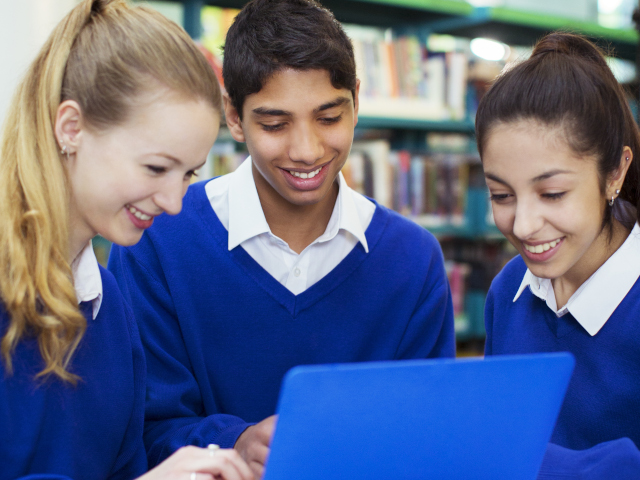
AI is rapidly changing our lives and how we use computers to solve problems. All children benefit from understanding how AI works, why it sometimes makes mistakes and how to use it responsibly.
This workshop follows-on from KS3 - Intro to AI and explores the topical issues of facial recognition and facial expression analysis in public places.
Session activities
The core of this workshop explains how Machine Learning algorithms recognise faces and their expressions. The exact selection of activities depends on the age of the pupils and the length of the workshop.
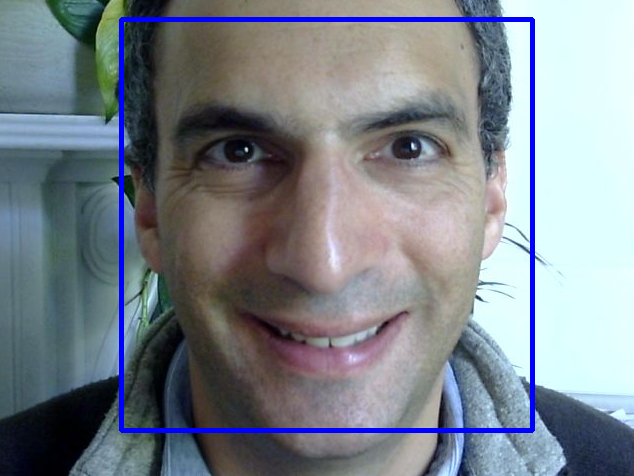
Face Detection
Pupils try a pre-trained Machine Learning model which detects human faces and explore its limitations by seeing if they can trick the model into not finding their own face.
They see how the model can be expanded to detect multiple landmarks on a face, which allows video effects to be applied but also forms the basis of biometric facial recognition.
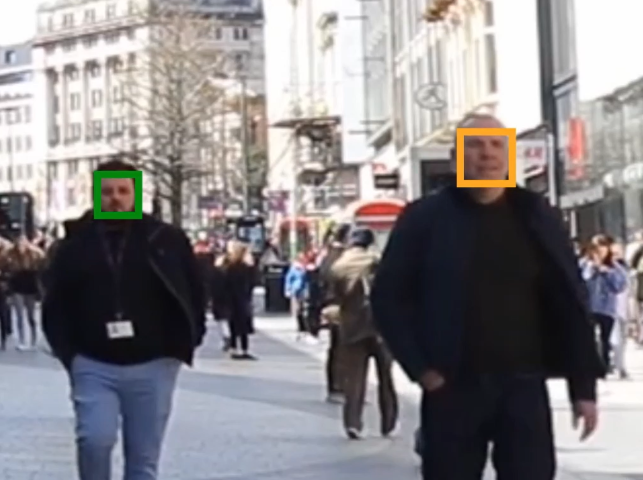

Live Facial Recognition
Pupils see how police forces are using Live Facial Recognition (LFR) systems to detect individuals on watchlists within crowds, which raises a range of social and ethical considerations.
Pupils explore a mathematical simulation which illustrates the concepts of false positives and false negatives and they attempt to balance the competing demands of sensitivity and precision in this topical scenario.
We discuss how the performance of LFR might be measured differently by supporters and opponents of its use, depending on their motivations.
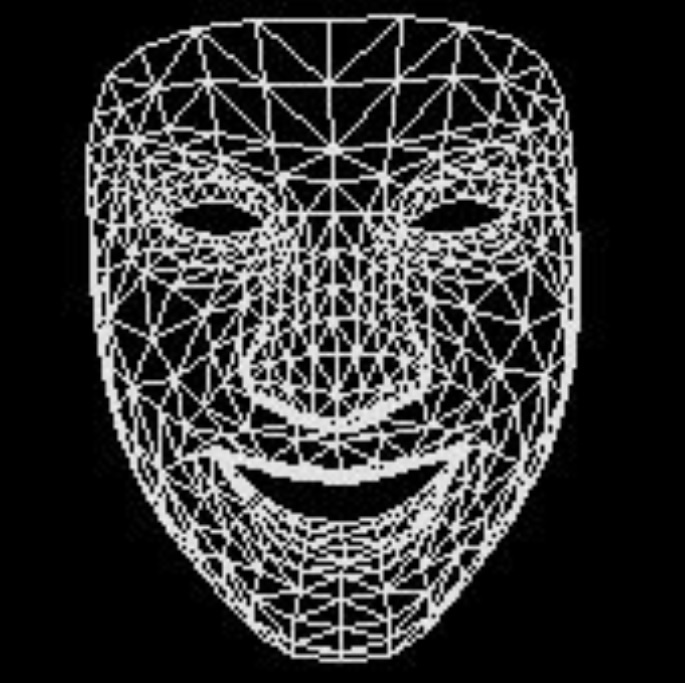
Facial Expression Analysis
Pupils investigate whether human emotions can be determined from facial landmarks and how reliable the predictions are.
We consider potential applications of this technology in retail and health care and discuss the emerging ethical issues which are raised.
Equipment
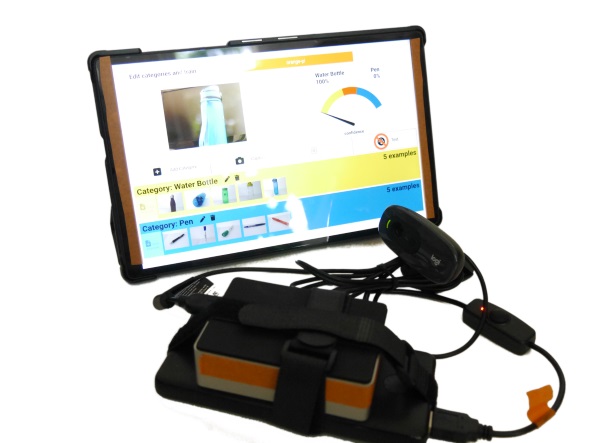
All equipment is provided and no school IT equipment or network access is required, apart from a screen or projector to which we connect our laptop.
Each team receives a touchscreen tablet and a battery-powered Raspberry Pi mini computer, with a webcam attached. They use the tablet to interact with the Raspberry Pi, control the camera, view results and participate in team quizzes.
The tablet and Raspberry Pis do not have any internet access and are fully locked down so that only the workshop content is accessible.
Session format
The format is very flexible, however we recommend that each session lasts 90 minutes for approximately 30 pupils at once, which ensures time for multiple activities, discussions and plenty of interactivity. The minimum duration is 60 minutes and the maximum capacity is 40 pupils.
The workshop is intended for pupils in Years 7, 8 & 9 and we are also experienced in adapting the material and delivery for SEN pupils.
None of the activities require any coding.
The workshop can be run in any classroom or hall with tables and does not need to be where school computers are situated.
Please get in touch to discuss your requirements.
Curriculum links
The workshop content links with the National Computing Curriculum, as well as promoting data literacy and data ethics:
"Can evaluate and apply information technology, including new or unfamiliar technologies, analytically to solve problems."
"Select, use and combine a variety of software on a range of digital devices to design and create a range of programs, systems and content that accomplish given goals."
Learning outcomes
All pupils understand how Machine Learning (ML) is trained to detect faces and uses landmarks to recognise individual faces.
All pupils have observed how Live Facial Recognition systems must balance the competing demands of sensitivity and precision.
Most pupils have optimised a simulated LFR system to minimise the number of false positive and false negative outcomes.
Most pupils have observed how human emotions can be partly determined by the relative position of facial landmarks.
Most pupils have discussed the ethical issues surrounding facial recognition in crowds.
Some pupils have evaluated uses of facial expression analysis in a variety of sectors.
Safety and privacy
Information about safeguarding, safety measures and data privacy can be found on our Safety page.
Cost
- £450 for a half-day visit (e.g. 1-2 workshops)
- £650 for a full-day visit (e.g. 3-4 workshops)
This workshop is eligible for the Neon bursary scheme for schools.
We do not charge VAT on these prices. Our timings are flexible so please get in touch to discuss your requirements.
Currently we are only able to visit schools in and around London but hope to reach more areas in future.